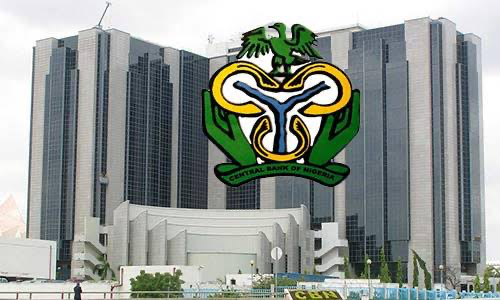The Central Bank of Nigeria (CBN) has announced plans to publish the names of individuals with unclaimed balances in dormant accounts on an annual basis. These funds, which have remained inactive for a minimum of ten years, will be transferred to the Unclaimed Balances Trust Fund (UBTF) Pool Account. This move aims to enhance transparency and ensure that unclaimed funds are properly managed and returned to their rightful owners.
In a recent statement titled “Frequently Asked Questions on the Guidelines for the Management of Dormant Accounts, Unclaimed Balances and Other Financial Assets in Banks and Other Financial Institutions in Nigeria,” the CBN outlined new guidelines for handling these accounts. This initiative is part of a broader effort to maintain financial stability and transparency within the Nigerian banking sector.
Annual Publications and Reclaim Procedures
The CBN will publish the list of owners of unclaimed balances on its website every year. Additionally, the central bank will outline the procedure for reclaiming these warehoused funds, ensuring that individuals know how to access their dormant balances. To reach a broader audience, a notice will also be published annually in three national newspapers, inviting the public to check for any unclaimed balances in the CBN’s custody.
According to the CBN, unclaimed balances are defined as account balances and other financial assets that have remained dormant for at least ten years. These assets qualify for transfer to the CBN from financial institutions where they have been inactive. This process ensures that unclaimed funds are not left to languish in obscurity but are instead made available for their rightful owners to reclaim.
Differentiating Dormant and Inactive Accounts
The guidelines also clarify the distinction between dormant and inactive accounts. Dormant accounts are those with no customer-initiated transactions for over ten years, while inactive accounts have seen no activity for six to twelve months. These guidelines aim to ensure clarity and proper management of different types of accounts, helping both financial institutions and account holders understand their status.
The CBN’s new guidelines cover various account types, including current, savings, term deposits, domiciliary accounts, deposits for shares and mutual investments, prepaid card accounts, wallets, and government-owned accounts. Dormant accounts specifically refer to those inactive for one year or more, whereas domiciliary accounts are those that hold currencies other than the Naira.
Highlighting the difference between an inactive and a dormant account, the CBN noted, “An inactive account is an account that has no customer-initiated transaction for six to twelve months, while a dormant account is an account that has remained inactive for one year or more.” This distinction is crucial for the effective implementation of the new guidelines.
Financial Stability and Transparency
CBN Governor Yemi Cardoso emphasized that these measures are part of broader efforts to maintain financial stability and transparency within the banking sector. This initiative is expected to streamline the management of unclaimed funds and ensure that they are returned to their rightful owners. By making this information publicly available, the CBN aims to foster a culture of accountability and trust in the financial system.
In addition to addressing dormant accounts, the CBN has also cleared another $400 million of valid foreign exchange backlog, further stabilizing the financial market. These actions demonstrate the CBN’s commitment to maintaining a robust and transparent financial system.
The guidelines also specify that the process for reclaiming funds will be clearly outlined on the CBN website. This includes providing detailed instructions on how individuals can check for unclaimed balances and the steps necessary to reclaim their funds. The annual publication in national newspapers will ensure that even those without internet access are aware of the process.
Source: Vanguard



